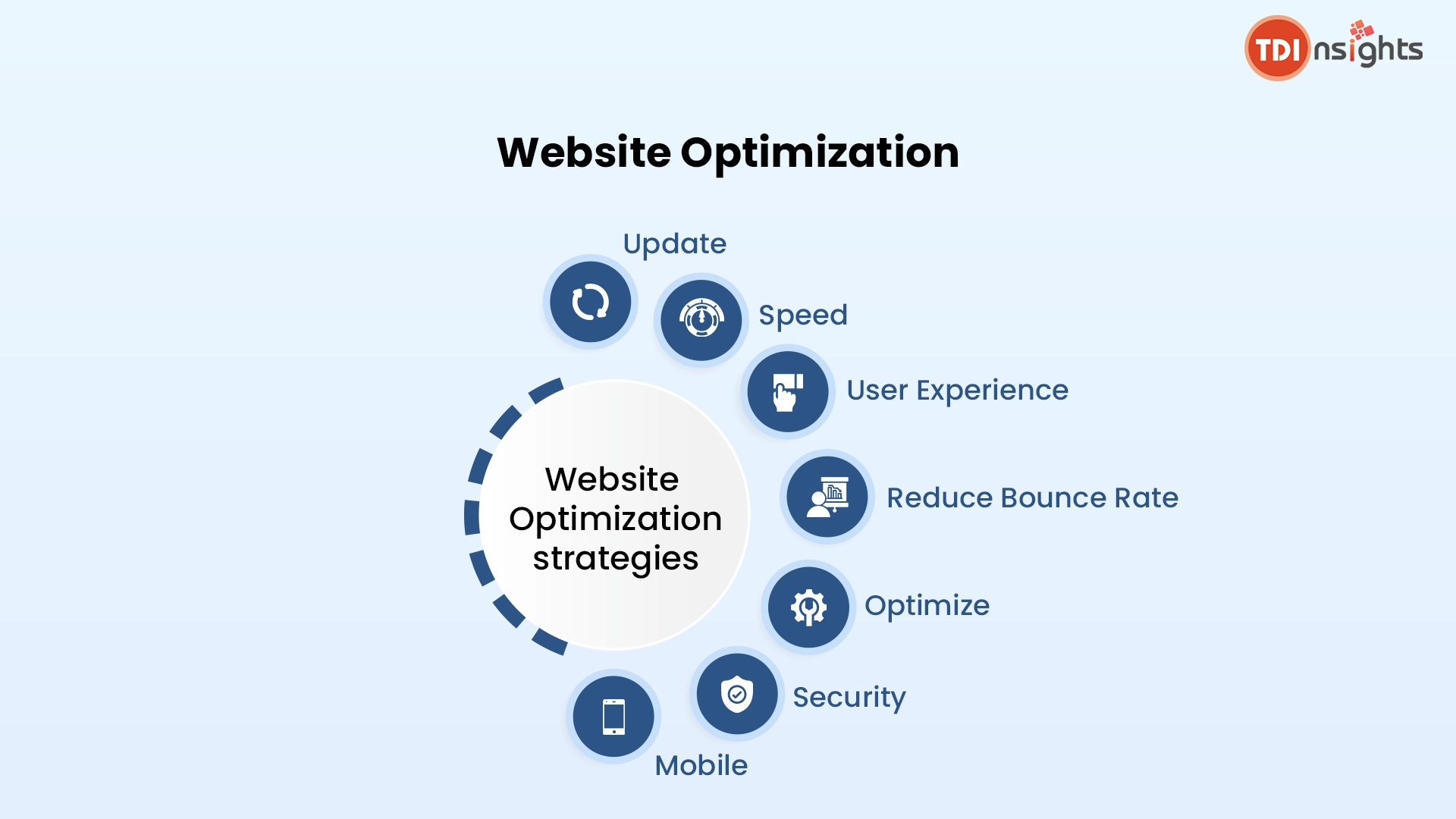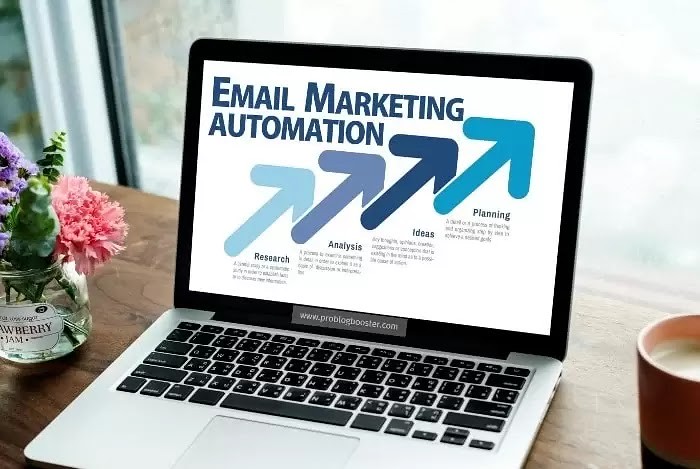In B2B manufacturing marketing, standing out from the other competing organizations is vital due to similar product offerings. Companies must set unique selling points that should be marketed appropriately to differentiate prominently from others.
The manufacturing market is estimated to acquire a valuation of US 15.36 trillion in 2024. This highlights that the industry is expanding; therefore, it’s a good time for manufacturing companies to invest funds in the proper channels.
Table of Contents
Why is Marketing Crucial for B2B Manufacturing Companies?
Many times, B2B marketers shy away from marketing, but it limits them from reaching potential clients. Being unique is crucial, but it requires more to sustain the organization’s expansion, which can be achieved by generating brand awareness and increasing brand visibility. Marketing bridges the gap between the product and the client, inducing growth for the organization.
Tactics to Carry Out Successful B2B Manufacturing Marketing Strategy:
Dive in to learn more about the finest B2B manufacturing marketing strategies:
1. Prioritize Market Research:
Before launching a marketing campaign, it is crucial to undergo market research to recognize the prospects. Use focus groups, surveys, and interviews to gather data on the pain points and aspirations of clientele. This particular process will help you identify the unique selling points.
Outsourcing market research to specialized organizations, delivering high-quality data, enables improved identification of the competitors. Moving forward, take notes on what products and services your competitor offers and how clients engage with their brands. It will make you notice what your respective clientele thinks of competitor brands, and from there on, you can plan your B2B manufacturing marketing strategy.

2. Investing in SEO is Crucial:
Interested prospects will research products and services similar to yours on the internet. To be available where prospects are searching for desirable results, your business needs to make an impact through search engine optimization. The best way to maximize your SEO endeavor is to hire a specialist focusing explicitly on B2B SEO.
Moreover, SEO is the best possible way to attract B2B leads. It is a cheaper marketing technique, and the results are better, showing an increased conversion rate and website traffic. Marketers must remember while relying on SEO that the website needs to be optimized frequently, ensuring it is up to date. There is no point in driving traffic if it doesn’t have authentic information.
3. Systematically Optimize Website:
Manufacturing companies should focus on client experience by developing highly conceptualized user-friendly websites. Such websites will help the manufacturing business to capture potential leads from the pool of visitors. Consequentially it will help your business collate vital information about clients while understanding your products and services. This process all together will simplify your client’s journey with your brand, fostering a positive brand image.
Several pivotal factors make a website eye-catching for users. Some of them are having an operational call-to-action button, setting a clear value proposition, and implementing mobile optimization to make the website optimally accessible. Once the manufacturing organization starts focusing on these factors, its website is optimized and, at the same time, it impresses its clientele.
4. Make the Content Industry Centric:
Once you have completed genuine research, straightened out your website, and made sure SEO brings in suitable leads for your organization, it’s time to pay heed to the content that your prospect will read. Create whitepapers, blogs, eBooks, and more that highlight the trends in manufacturing. Add content specific to your industry to intrigue leads and make them consider your product.
Utilizing competitor knowledge and market research is a great way to initiate creating content related to your industry. Following the particular methodology will surprise you with how much content you can make on a specific topic in an in-depth and diverse way.
5. Be Available on Social Media:
Your content creation is done, but now the task for you is to make sure that you put it somewhere to ensure the audience will read it. To spread your content to a vast number of prospects, you need to have social media accounts. Moreover, all the influential clients who can take your business to new heights are available on social media platforms like Twitter LinkedIn.
For a B2B manufacturing company that is not quite adept at how to be active on social media channels, a marketing expert can help you draft social media schedules and calendars. They can also write and suggest posts and maintain a consistent presence for your brand.
A good rule of thumb about social media content is to keep 80% of the posts related to the industry and the rest 20% about the product and services.
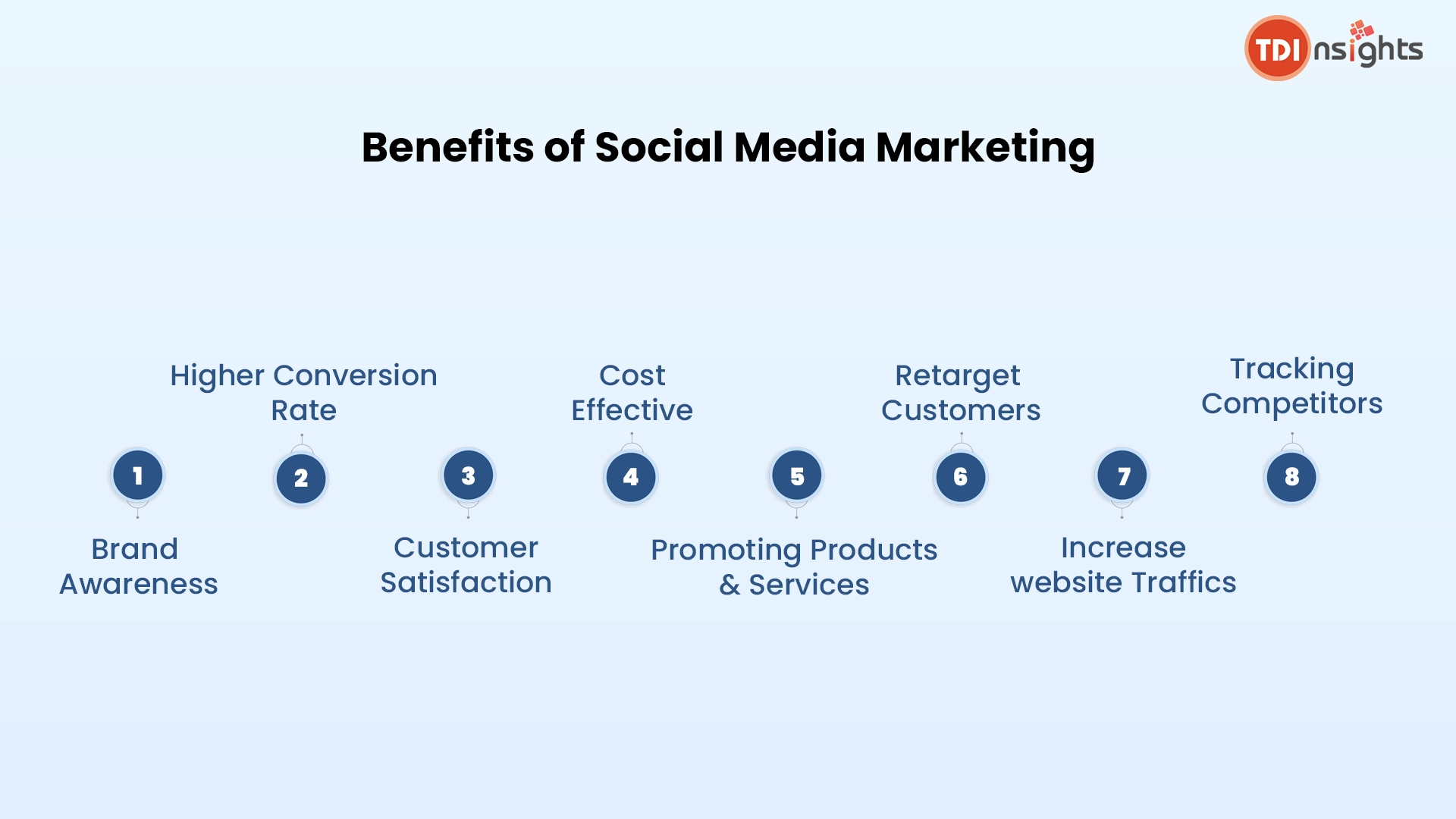
6. Include Video Marketing Strategy:
Video is one of the newest forms of marketing, so B2B companies must join the trend. Nowadays, a vast majority of video content drives traffic, making it one of the most effective marketing tools. HubSpot states that these days, video is more frequently used than blogging, emails, and infographics. Marketers who implemented video into their content strategy saw 49% faster revenue growth than those who chose not to.
Great tools are available for businesses to get started with video marketing. And sometimes, partnering up with an experienced marketer is all one needs to create industrial videos that help sell products. Therefore, if your organization doesn’t have a video strategy; it is time to make one as soon as possible.
7. Keep Clients Informed Through Email Marketing:
Email marketing is a cost-effective way to keep clients and prospects in the loop about industry developments, services, and products. But, to get started with email marketing, you need to collect email addresses and build a database. Another way to solve the email address crisis is to get in touch with the best B2B database provider as they can provide you with reliable and verified business emails. Once you have a list at your disposal, you can start nurturing the relationship with the recipients.
Use email marketing to inform your subscribers about your latest developments in the organization. There are numerous benefits of email marketing campaigns, and using them the right way can develop your position in the industry as a leader.
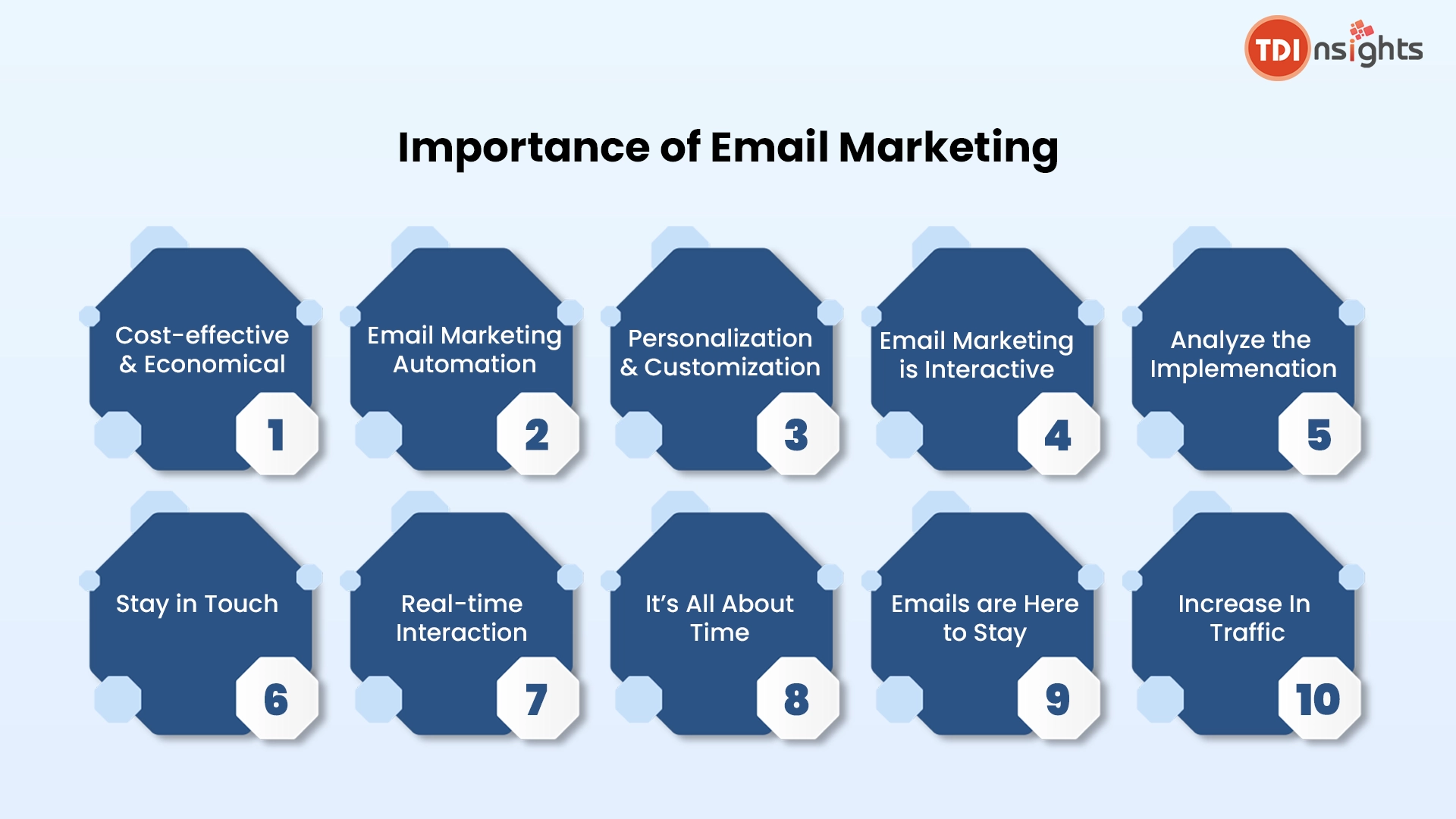
8. Leverage Client Testimonials and Build Trust:
Happy clients are your best brand representatives. Their positive experiences can become case studies and powerful marketing strategies. For this same reason, encourage satisfied clients to post reviews and, later on, use them as a testimonials to showcase them on your website. Prospects would be eager to learn about how clients benefitted from the business.
9. Incorporate Account-Based Marketing:
It is a strategic approach where the focus is on targeted accounts, as they are considered the best fit for businesses. Account-based marketing requires a close alignment with the sales and marketing team to ensure a holistic nurturing of the prospects and a reduced sale cycle. Present-time manufacturing organizations should take into consideration that 87% of B2B marketers consider ABM to yield higher ROI.
Apart from a shorter sales cycle, there are other impressive traits of account-based marketing that bear the best results—such as the best client experience, boosted conversation rate, increased market efficiency and revenue, enhanced client retention, and many more.
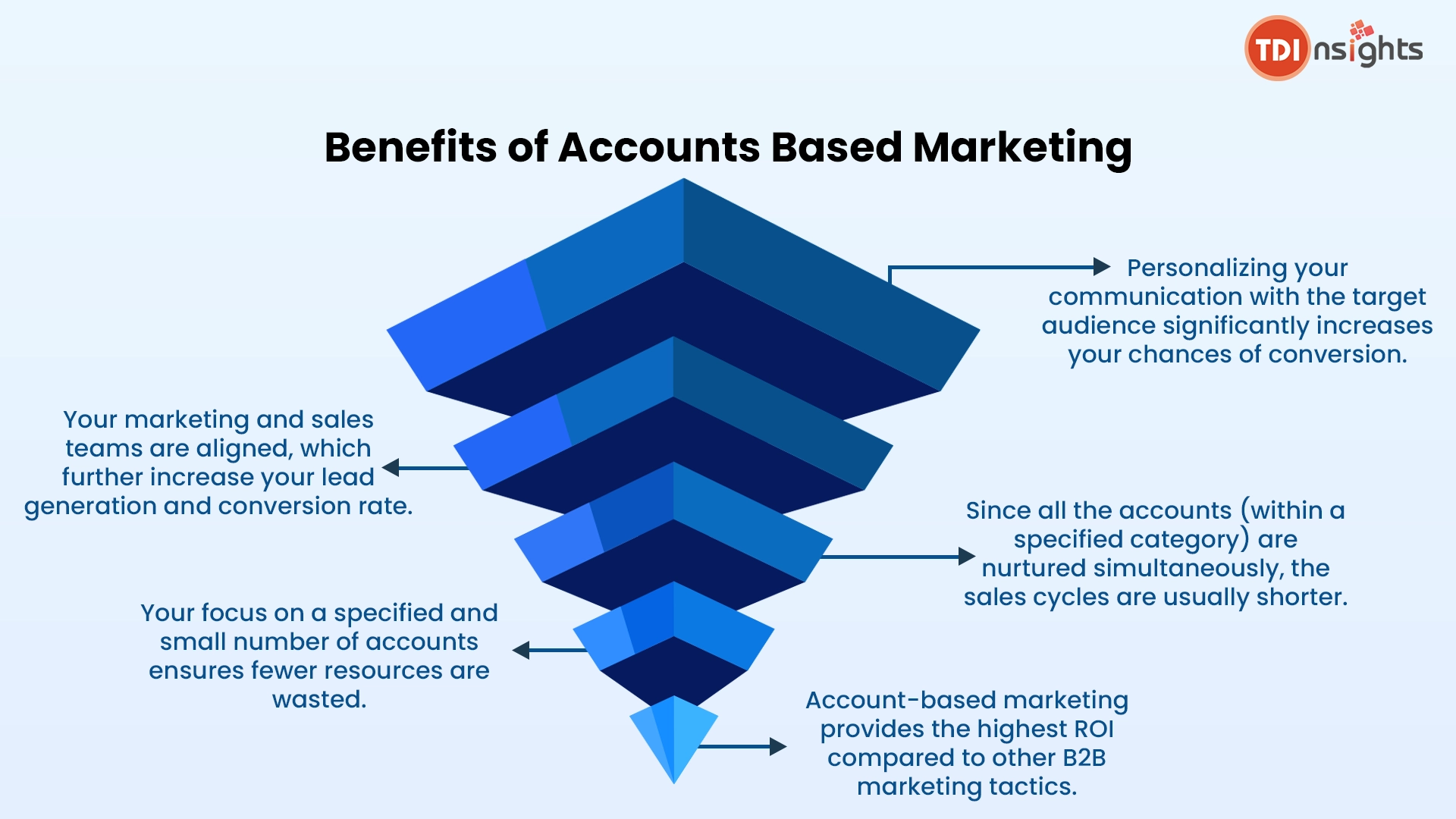
These were a few of the effective marketing strategies that B2B manufacturing companies can benefit from. Numbers reflect that only 32% of manufacturers have a documented B2B content marketing strategy, and around 58% of businesses still find it challenging to bring marketing and sales in sync.
In an industry sector like manufacturing; with a complex buying network, elaborate sales cycle, and continuously evolving market, organizations will walk toward diminishing returns without appropriate marketing.
Conclusion
To sum it up, our blog takes you through the challenges a B2B manufacturing organization might face and offers you reasonable solutions that will bring the business out of the deadlock. Combining all the strategies mentioned above in the blog slowly and steadily will stir up the stagnated lead generation and make it spontaneous. It will also help manufacturing businesses tap into unexplored markets that have remained untapped for a long time.



